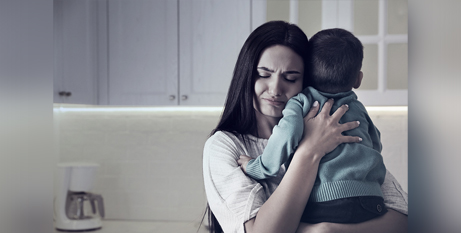
The St Vincent de Paul Society says Australia faces a mountain of future challenges, judging by a new report that finds one-in-six children already living in poverty but no official acceptance of a poverty line or any monitoring of poverty being conducted by government.
“As this report notes, poverty has long-lasting and insidious impacts on a child’s health and well-being and can affect their schooling and employment opportunities throughout their entire lifetime,” said St Vincent de Paul Society’s National President Mark Gaetani.
“But it goes broader than that because child poverty is a social minefield that affects families, the many support services provided by governments and not-for-profits, and the nation’s budgetary bottom line because the knock-on costs are stupendous.”
The Ending Child Poverty in Australia report, produced by The Australia Institute, focused on gauging community attitudes towards child poverty. It found people were overwhelmingly supportive of government measures to reduce child poverty, with four-in-five (81 per cent) agreeing that household income support payments should be set at a rate that did not cause any child in Australia to live in poverty.
“This commonly held view aligns with the position of St Vincent de Paul Society,” Mr Gaetani said, “which is that the JobSeeker rate should be raised to match that of pension payments, and this could be afforded by various fiscal reforms, including a reduction of the 50 per cent capital gains tax concession on the sale of investment property.
“This is clearly spelt out in the research on tax and welfare done for the Society by the Australian National University.
“The recommendations discuss how best to help people most likely to be in poverty – those receiving JobSeeker, working-age pension recipients (including DSP and carers), sole-person households, single parents and renters.
“Poverty, and in particular, child poverty must be a priority for this government. For years now, we have called for a benchmark to measure and reduce child poverty. For a country as wealthy as Australia, we should be aiming to halve child poverty by 2030.”
FULL STORY
Child poverty report sounds alarm bells for Australia’s future (St Vincent de Paul Society)






